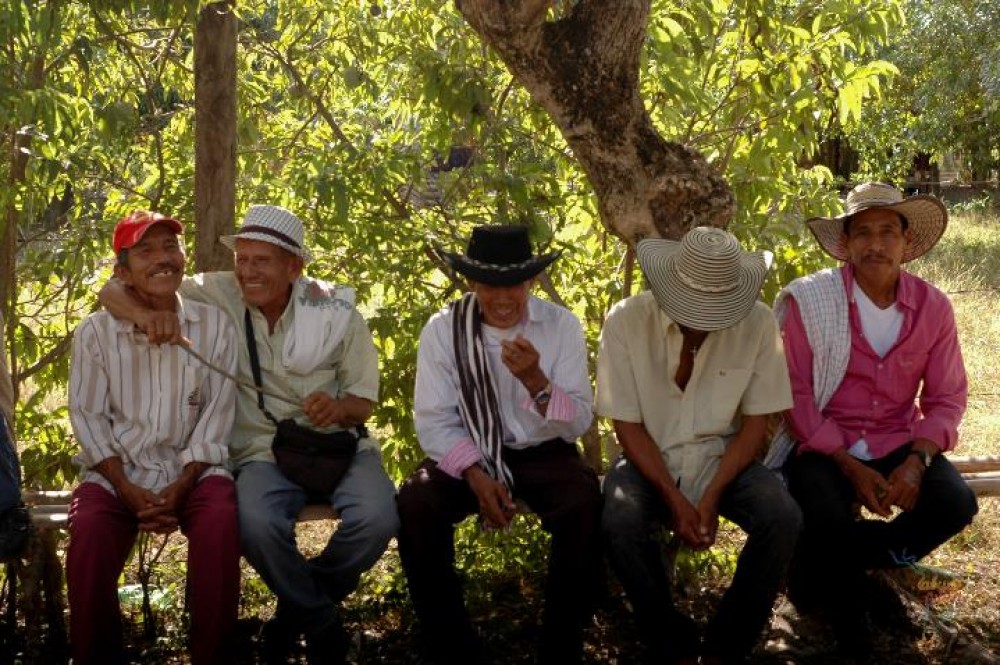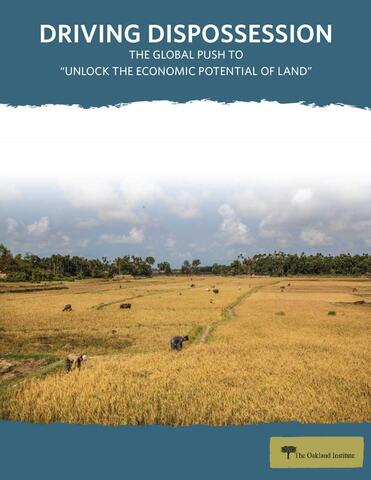Colombia 2006-2010 : A Window of Opportunity
This document presents the recently
elected Colombian administration with a set of policy notes
meant to enrich the debate around critical issues affecting
the country's development. These notes build mostly
upon existing research and represent the Bank's
independent view on topics which are either at the crux of
ongoing policy discussions or merit a more prominent place
in this dialogue. This window of opportunity provides a very






